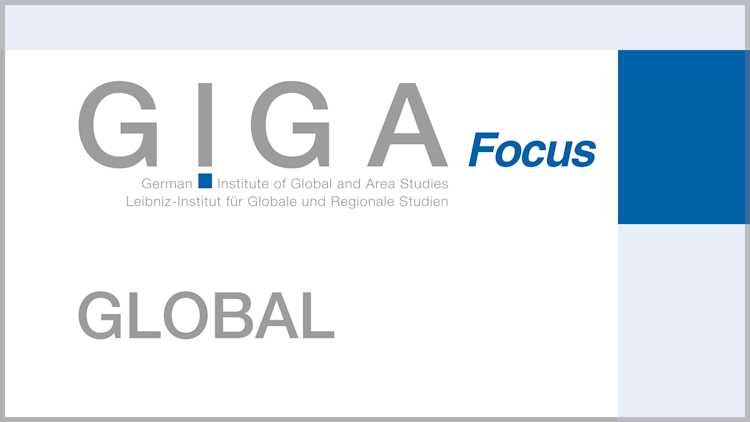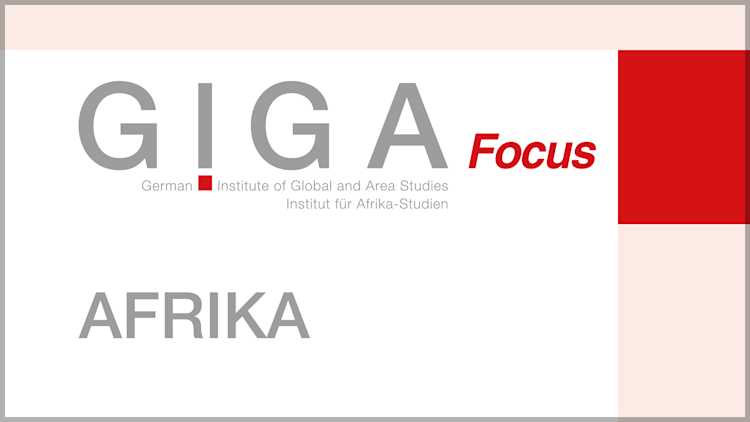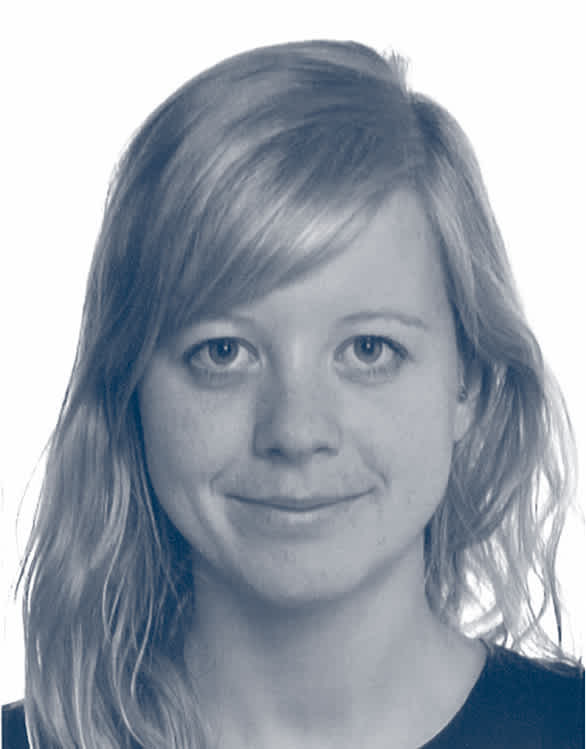- Home
- Publications
- GIGA Focus
- Stabilität durch regionale Sanktionen in Afrika?
GIGA Focus Africa
Stabilität durch regionale Sanktionen in Afrika?
Number 3 | 2013 | ISSN: 1862-3603
Am 25. März 2013, nur einen Tag nach dem Militärputsch durch die Rebellenallianz Séléka, verhängte die Afrikanische Union (AU) Sanktionen gegen die Zentralafrikanische Republik. Der Friedens- und Sicherheitsrat der AU suspendierte die Mitgliedschaft des Landes, verhängte Reisebeschränkungen für die Rebellen und ließ deren Konten einfrieren.
Analyse Seit Gründung der AU im Jahr 2002 haben Regionalorganisationen auf dem afrikanischen Kontinent im weltweiten Vergleich sehr weitgehende Möglichkeiten zur Sanktionierung ihrer Mitgliedstaaten festgeschrieben. Zunehmend nutzen die AU, die Wirtschaftsgemeinschaft Westafrikanischer Staaten (ECOWAS) und die Entwicklungsgemeinschaft des Südlichen Afrika (SADC) diese Maßnahmen, um unerwünschte Entwicklungen in ihren Mitgliedstaaten zu bekämpfen.
Die Sanktionen von AU, ECOWAS und SADC verfolgen das Ziel, die verfassungsmäßige Ordnung wiederherzustellen. Sie sind in der Regel von geringer Stärke. Angesichts fehlender Kapazitäten zur Durchsetzung weitreichender Maßnahmen setzen die afrikanischen Regionalorganisationen in Krisenfällen vor allem auf das Instrument, die Mitgliedschaft betroffener Staaten auszusetzen.
Die von afrikanischen Organisationen verhängten Sanktionen beziehen sich nicht auf die Regierungsführung von Machthabern. Dies verweist auf die Grenzen der neuen Norm der „Nichtgleichgültigkeit“ und auf die noch immer große Bedeutung von Regimesicherheit im Verhältnis zum Konzept der menschlichen Sicherheit.
Die AU-Kommission und der Friedens- und Sicherheitsrat der AU nehmen bei der Sanktionierung von Mitgliedstaaten eine immer wichtigere Rolle ein. Die Form des Zusammenwirkens der AU mit den zahlreichen afrikanischen Regionalorganisationen wird jedoch von den Akteuren jeweils von Fall zu Fall neu entschieden.
Footnotes
Regional Institutes
Research Programmes
How to cite this article
Grauvogel, Julia, Katharina Newbery, and Christian von Soest (2013), Stabilität durch regionale Sanktionen in Afrika?, GIGA Focus Africa, 3, Hamburg: German Institute for Global and Area Studies (GIGA), http://nbn-resolving.de/urn:nbn:de:0168-ssoar-347999
Imprint
The GIGA Focus is an Open Access publication and can be read on the Internet and downloaded free of charge at www.giga-hamburg.de/en/publications/giga-focus. According to the conditions of the Creative-Commons license Attribution-No Derivative Works 3.0, this publication may be freely duplicated, circulated, and made accessible to the public. The particular conditions include the correct indication of the initial publication as GIGA Focus and no changes in or abbreviation of texts.
The German Institute for Global and Area Studies (GIGA) – Leibniz-Institut für Globale und Regionale Studien in Hamburg publishes the Focus series on Africa, Asia, Latin America, the Middle East and global issues. The GIGA Focus is edited and published by the GIGA. The views and opinions expressed are solely those of the authors and do not necessarily reflect those of the institute. Authors alone are responsible for the content of their articles. GIGA and the authors cannot be held liable for any errors and omissions, or for any consequences arising from the use of the information provided.











